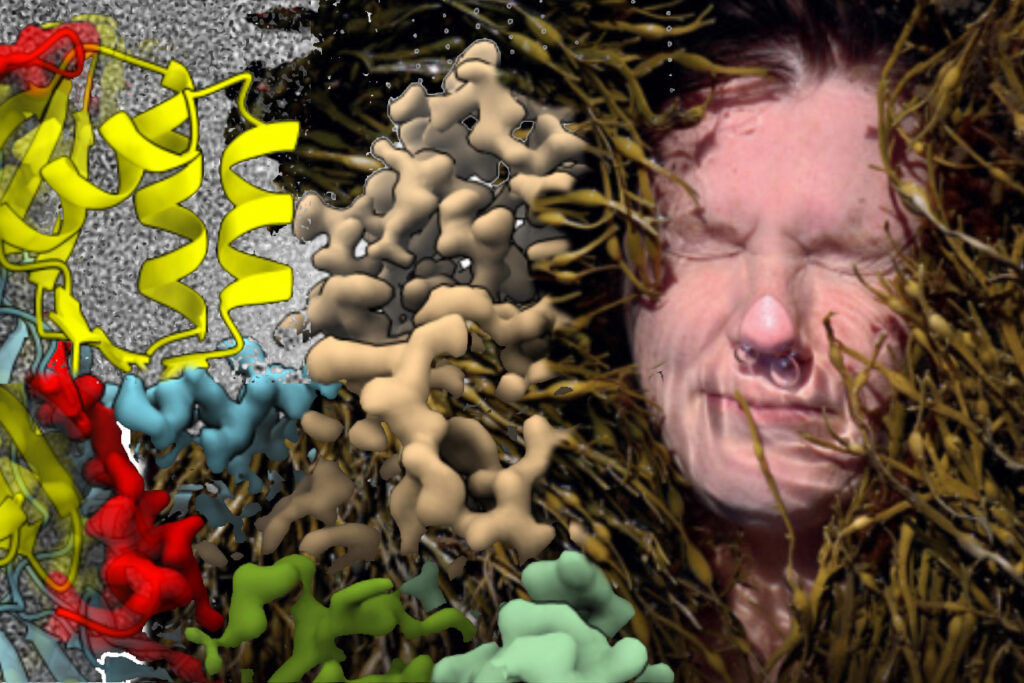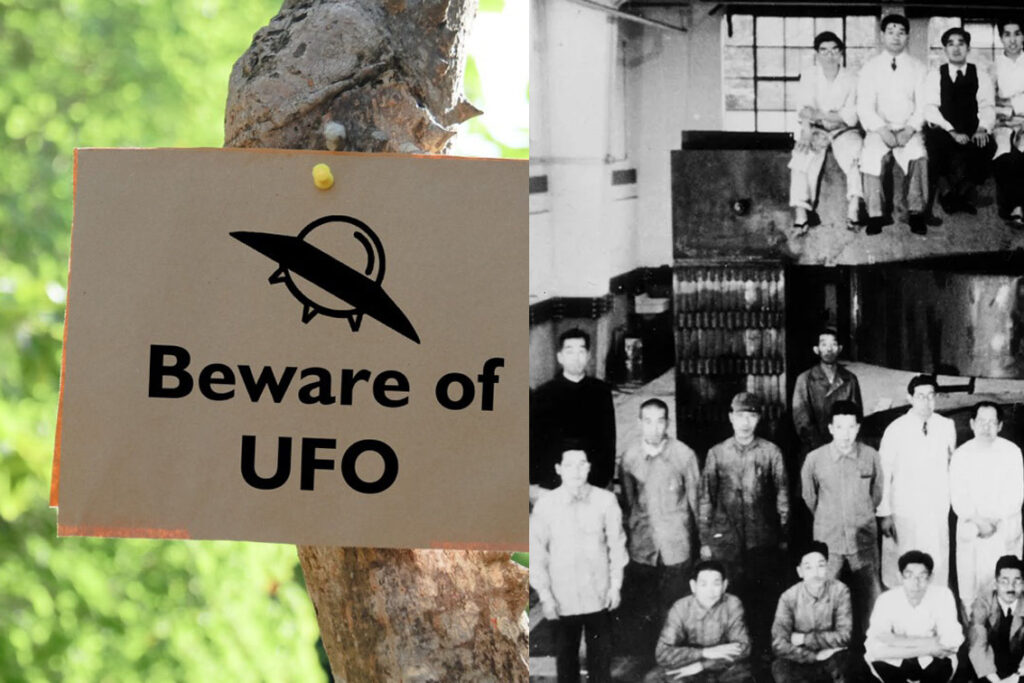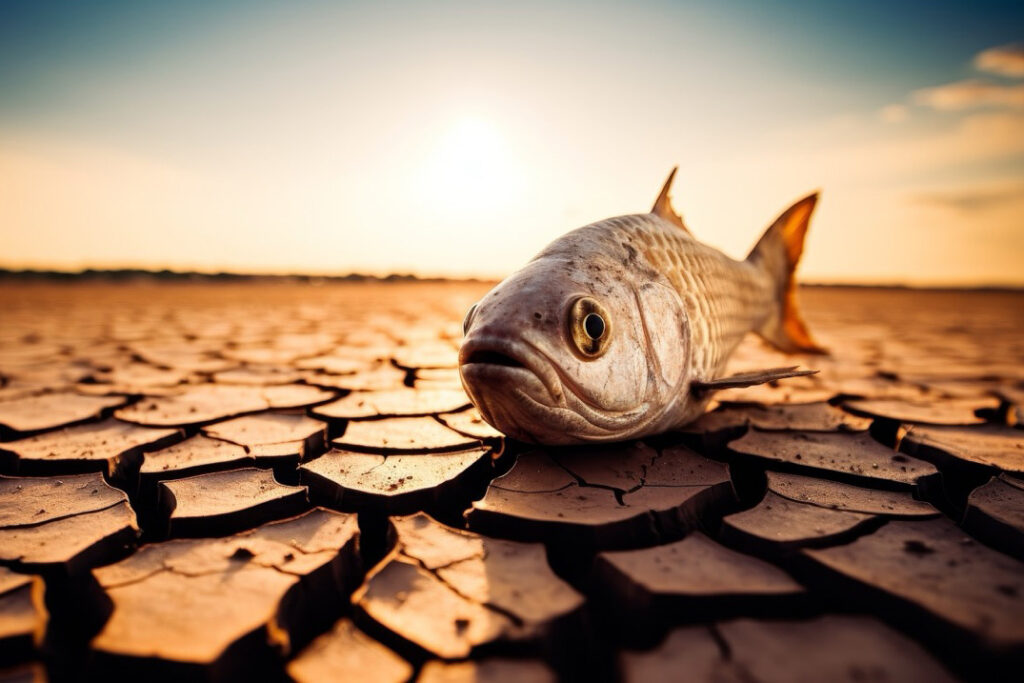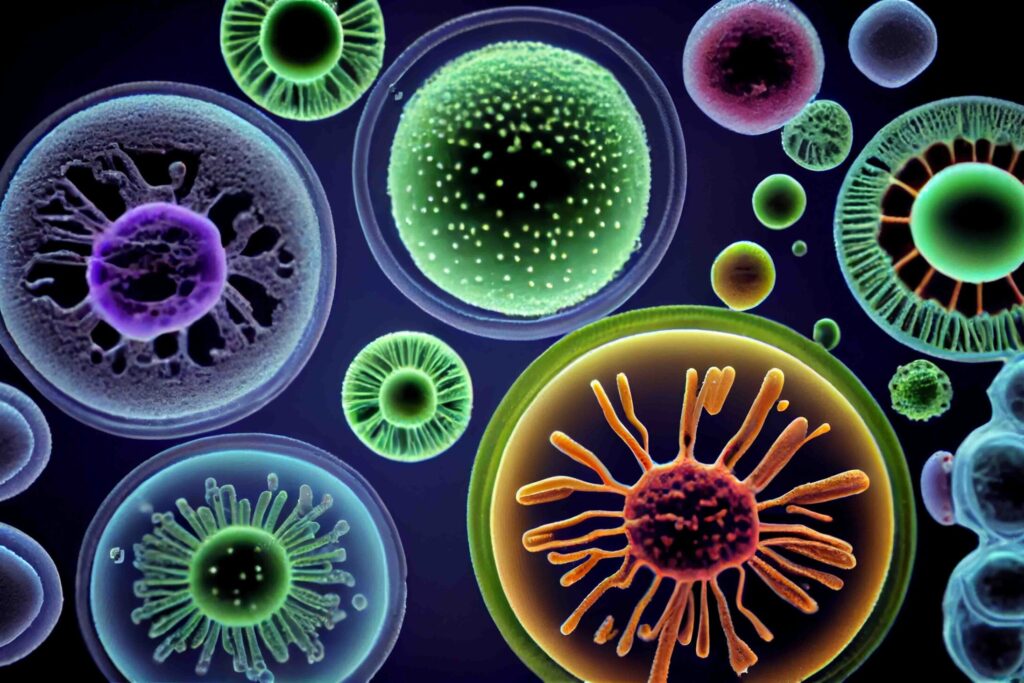Workshop summaries
What enters us, what changes us
The state of science communication about the environment occupied us this month, through an unusual form of personal reflection on plastic particles that enter us and cloak themselves in dynamic coatings of biomolecules that can then interact with our bodies. Meanwhile, our other text took us into a curious laboratory of inquiry into matters cardiac,…
Read MoreParenting on planet health-science hellscape
Parental anxiety around the health of our children was at the forefront of this month’s workshop. This meeting was one of the most packed ones so far, and the quality of feedback given and received by the presenters was extraordinary—a testament to the dedication of the members of this group. Are citizens better science communicators…
Read MoreTracing the scale of the unseen: from trans-species atmospheres to minuscule molecules
This workshop had us look at the world from its two extremes: the macroscopic domain of the invisible yet tangible ethical relationships that entangle researchers with their subjects of study, and the microcosm of molecular cell components that, although imperceptible, we need to see, so we can understand how life keeps humming along. Atmospheres of…
Read MoreWhat does “knowledge” depend on?
Beware of UFO In the consciousness of a scientifically-minded person, UFOs might seem like just another quirky, conspiratorial, psycho-social delusion to be analyzed from the safety of academic objectivity, and that was what we were lead to believe at the beginning of one of the draft essays we read at our September meeting. But partway…
Read MoreWho defines disease, and who gets money to study cures?
At our August meeting we workshopped two draft opinion essays that, from different angles but from within the same field, raised fundamental questions about how we should describe and nurture scientific progress—in this case, in medicine. In our first text, a surgeon began with an anecdote about her mother to interrogate how illness is defined…
Read MoreUnconventional science lessons in health
Embracing uncertainty This tends to be an unconventional public stance for scientists these days, which could be why our first draft text this month felt so fresh when it began by doing just that. The author described working in science for most of their adult life, and having believed, in the past, that after putting…
Read MoreEthical dilemmas of genetic testing, and the history behind them
Imagine you are in a hospital lobby bustling with parents and noisy children, and then you take the elevator way up to a quiet prenatal diagnostics center, where no children have yet appeared. You are entering the world of to be born or not to be born. The future is now So began the beautifully…
Read MoreThe hypoxia of the sea & the silent hitman
The sensation of being unable to breathe had both literal and symbolic resonance in our texts this month. Of the two texts-in-progress we workshopped, one was an evocative memory of diving in the Baltic sea that conjured feverish dreams linked to the fate of the planet. The essay began with a diver floating on their…
Read MoreBringing opinion essays into being / The Chronic Migraine Chronicles
To welcome spring we kicked off an opinion-essay writing drive, then workshopped sections from a forthcoming memoir-and-science-guide for general readers about living with chronic migraines. Benefits of opinion-essay writing Opinion essays about science for the general public can appear in newspapers or blogs and have many advantages. Writing them forces us to clarify the social…
Read MoreIs life a battle?
The famous essayist Susan Sontag thoughtfully criticized militaristic metaphors for illnesses and medical science. Yet our participant draft texts this month both made compelling cases—in very different ways—that science maybe does involve fighting. Is battle an appropriate metaphorical framework when communicating about science? Morphogens fight it out The first text we workshopped, about how morphogens…
Read More








